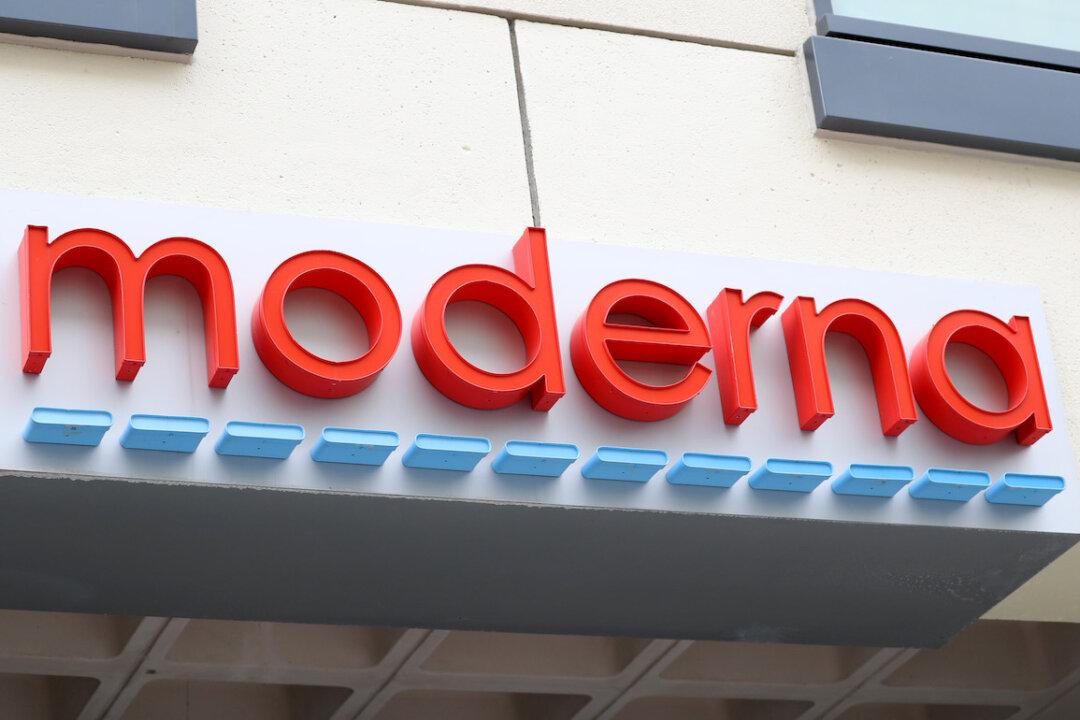Monkeys deliberately infected with the CCP virus and given Massachusetts-based Moderna’s experimental COVID-19 vaccine were able to quickly clear the virus from their lungs, researchers said on July 28.
A study (pdf) published in the New England Journal of Medicine Tuesday, suggested that the experimental vaccine, MRNA-1273, protected against infection in the lungs and noses of monkeys, and induced a robust immune response.





